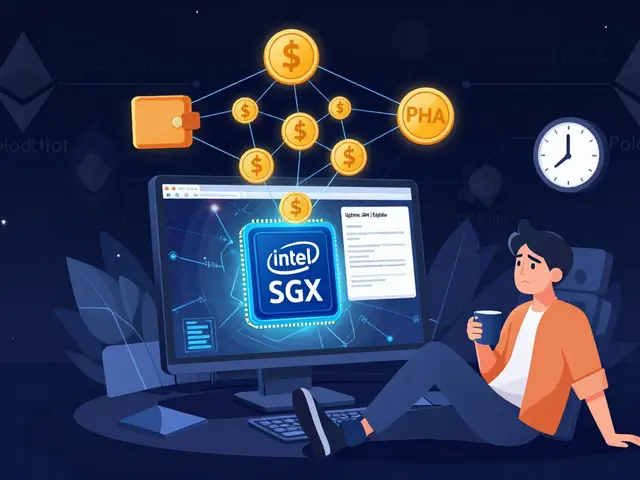Pakistani Virtual Asset Regulator: Roles, Rules & Impact
When talking about the Pakistani virtual asset regulator, the government body that oversees crypto‑related activities in Pakistan. Also known as the Pakistan crypto regulator, it sets the legal framework for exchanges, token sales and airdrops. The regulator works hand‑in‑hand with the Securities and Exchange Commission of Pakistan (SECP), the agency that licenses and monitors securities markets, including crypto assets and the State Bank of Pakistan (SBP), the country’s central bank that controls monetary policy and payment systems. Together they create a policy triangle where the regulator enforces rules, SECP grants licenses, and SBP safeguards financial stability.
The regulator’s core duties include monitoring virtual asset service providers (VASPs), imposing anti‑money‑laundering (AML) and know‑your‑customer (KYC) obligations, and reviewing token offerings for fraud risk. In practice, a crypto exchange operating in Lahore must register with SECP, adhere to SBP’s payment‑system standards, and submit regular compliance reports to the regulator. This three‑way relationship means that non‑compliant platforms can face fines, licence revocation, or even forced shutdown. Recent guidance also requires airdrop organizers to disclose token economics and verify participant identities, aiming to protect retail investors from scams.
How Regulations Shape the Crypto Landscape in Pakistan
Regulation influences every corner of the market. First, it forces exchanges to adopt robust KYC tools, which helps curb illicit flows and builds trust for users. Second, it pushes VASPs to publish transparent tokenomics, making it easier for investors to gauge risk before joining an airdrop. Third, the regulator’s collaboration with SBP means that stable‑coin projects must align with the central bank’s monetary policies, limiting unchecked issuance. Finally, SECP’s oversight of token sales introduces a vetting step that can filter out low‑quality projects before they reach the public.
These rules also spark opportunities. Developers who design compliant wallets can tap into a growing user base that now feels safer. Institutions looking to offer crypto‑related services can partner with licensed exchanges, leveraging the regulator’s framework to meet global standards. And investors can benefit from clearer market data, as regulated platforms are required to publish price feeds and transaction volumes.
Below you’ll find a curated set of articles that break down the regulator’s latest announcements, compare exchange compliance, explain how airdrop eligibility is judged, and show what the new AML guidelines mean for everyday traders. Whether you’re a beginner trying to understand the basics or a seasoned trader tracking policy shifts, this collection gives you the practical insight you need to navigate Pakistan’s evolving crypto environment.
How to Get a Pakistani Crypto Exchange License: Requirements & Step‑by‑Step Process
Step-by-step guide to obtaining a Pakistan crypto exchange license, covering PVARA requirements, documentation, timeline, fees, and how to navigate regulator conflicts.





